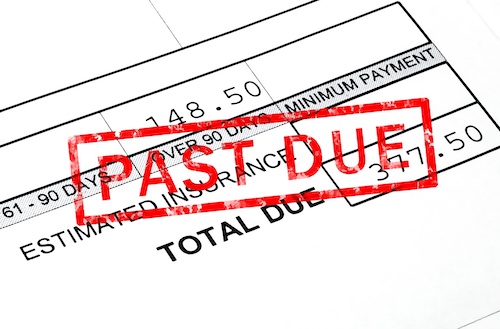Part 2 of a 2-Part Series

What Kind of Creditor Protection Does a Domestic Asset Trust Provide?
Last week, we started a two-part series about a Domestic Asset Protection Trust (aka DAPT). Click here to read part one of the series. In general, a DAPT allows people to shield accounts or property. Creditors make claims arise after the DAPT is funded. In many states, this protection extends to future claims. Consult an experienced attorney regarding the protections your state’s DAPT statutes offer. After all; these can vary by state.

Despite the protections Domestic Asset Protection Trusts afford, some creditors reach the property owned by the DAPT regardless of state laws. Currently, no state’s DAPT laws allow a DAPT to be used to:
- Spend down or qualify a grantor or the grantor’s spouse for Medicaid eligibility;
- Defeat state or federal reimbursement claims or rights of recovery. This extends to Medicaid benefits paid to the grantor or the grantor’s spouse; or
- Defeat creditor claims if the property is transferred to a DAPT with the intent to prevent, hinder, or delay a known or present creditor from reaching the property.

Most states’ Domestic Asset Protection Trusts laws also provide the following exceptions to the creditor protections:
- Taxes (state and federal tax claims must still be paid from trust assets)
- Family support obligations such as alimony and spousal support (state laws differ significantly on this topic)
- Medical bills of a beneficiary (certain states allow access to the trust property to pay these medical bills)
Who Needs a Domestic Asset Protection Trust?

Not everyone needs a DAPT. This is because not all people face the same risks. However, certain professions and circumstances demand you consider using a DAPT as part of your estate planning.
- High-risk occupations.
This extends to lawsuits applying to certain professions, such as doctors, accountants, lawyers, real estate developers, builders, architects, and business executives. Creating a DAPT to protect a portion of your assets may effectively shield against risks associated with lawsuits. This applies if you occupy one of these occupations. - Owning a business.
Owning a business can increase your risk of lawsuits. Using a DAPT protects your home and other personal property against claims someone brings against your business. - Personal injury and accidents.
Unfortunately, accidents happen to everyone. Moreover, even innocent accidents could lead to litigation and potential loss of personal wealth. A tool such as a DAPT may protect your property for your family, both now and in the future.

Deciding If a DAPT Is Right for You
Don’t decide about using a Domestic Asset Protection Trust without first seeking good legal advice. Consider the following factors with the help of a qualified estate planning attorney:
- How much of your property do you want to place in the DAPT?
- What kind of access to the trust accounts or property will you need in the future?
- Who will serve as the independent trustee responsible for making distributions to you?
- Who, besides you, will be a beneficiary of the DAPT?
- In which state will you form the DAPT?
- What types of creditors are you most concerned about, and do the relevant state’s DAPT laws protect you against such creditors?
Once you have answered these questions, you will have a much better sense of whether a DAPT is a tool that will work for you. If you have additional questions about DAPTs, please give us a call. We would love to visit with you either in person or virtually.

About Skvarna Law in Glendora and Upland, California
Skvarna Law Firm operates offices in Glendora and Upland, California. We provide legal services. We cover San Bernardino, Los Angeles, Orange, and Riverside Counties. This includes several cities. Upland, Ontario, Rancho Cucamonga, Fontana, Colton, Rialto, Chino, Chino Hills, Glendora, Claremont, Pomona, La Verne, Montclair, San Dimas, Azusa, Covina, West Covina, Diamond Bar, Walnut, La Puente, Corona, Norco & Mira Loma. Visit SkvarnaLaw.com to learn more.


